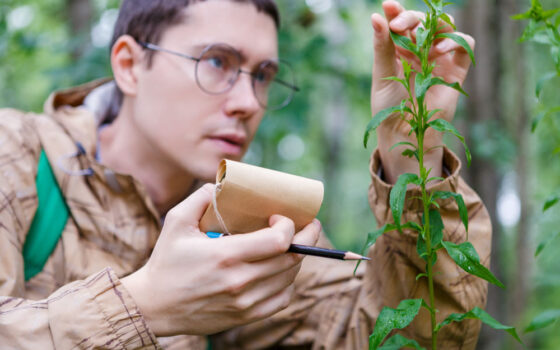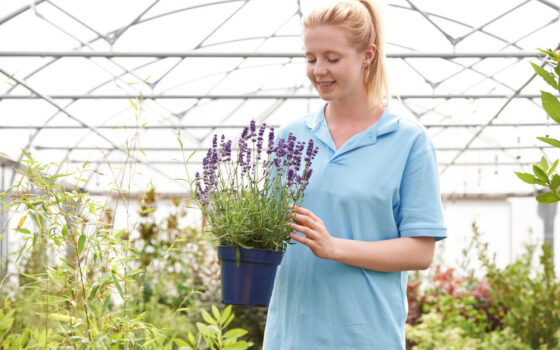Our Level 2 Diploma in Horticulture provides you with practical horticultural techniques and skills.
If you are interested in developing your knowledge of garden design and landscaping or in growing ornamental plants, fruits or vegetables, this course is the right one for you.
Our Horticulture students have access to an exciting range of specialist resources at the College. You will use our fully equipped glasshouse and laboratory facilities for practical lessons such as coppicing and propagation, and for theory such as plant and soil sciences.
We have specialist workshops equipped with tools and resources and a dedicated studio for the development of computer aided design.
With access to our extensive estate, guided by our specialist staff and expert guest lecturers, you will also work in our small scale gardens and build landscape features as a part of garden design.











